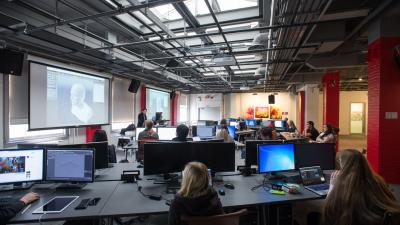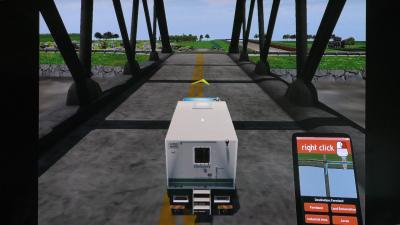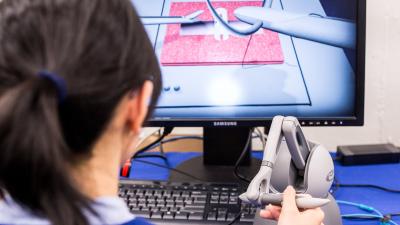Research From Rensselaer Offers New Take on Role of Strategic Alliances in Business
Strategic alliances are used by firms to access capabilities developed by other firms. In the academic literature, the traditional assumption has been that firms form alliances when they lack their own resources to pursue market or technological opportunities. However, new research by Shyam Kumar, an associate professor in the Lally School of Management and director of the MBA program at Rensselaer Polytechnic Institute, offers a different perspective.









